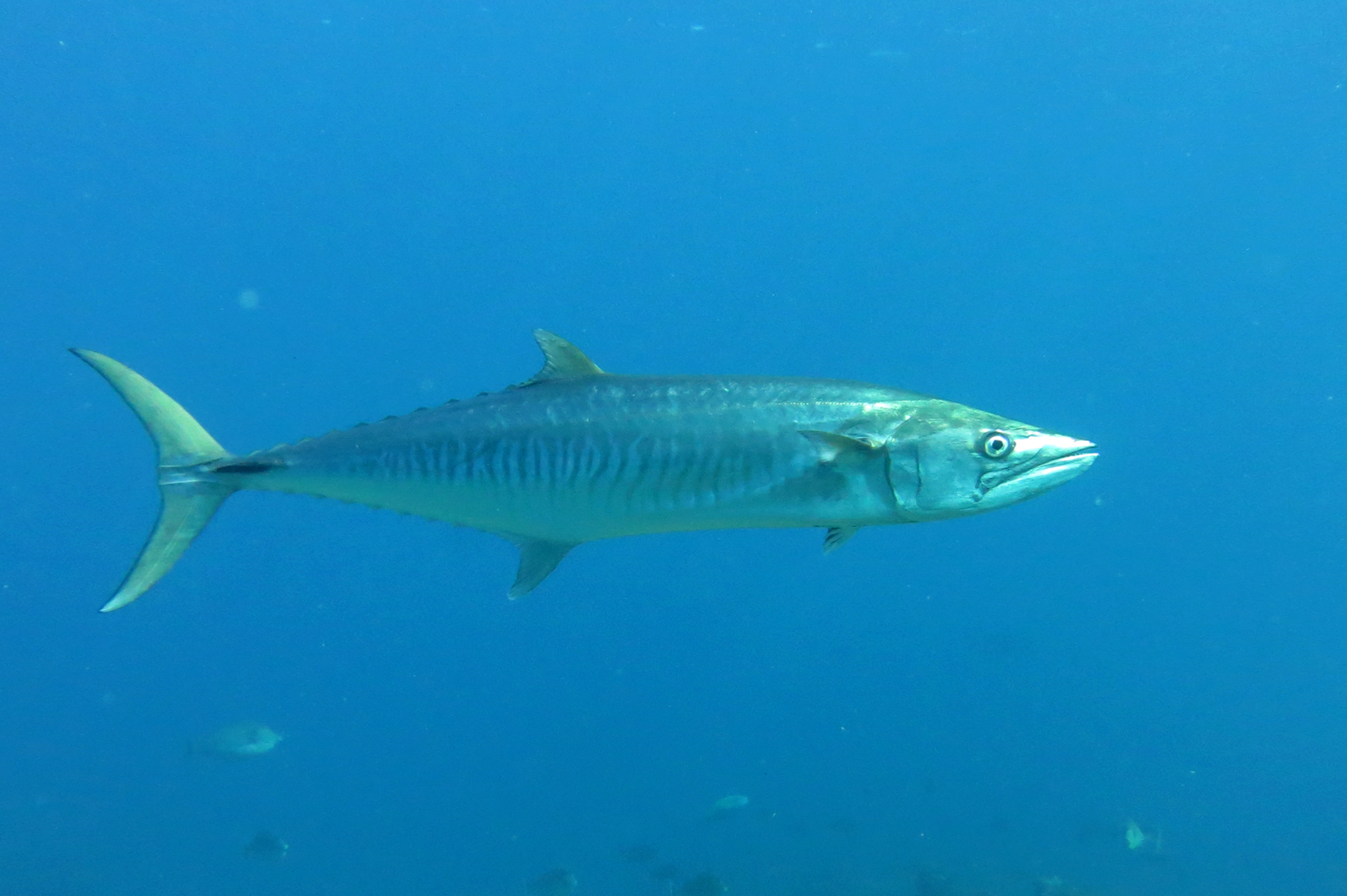

The Spanish Mackerel (Scomberomorus commerson) is not only a very popular fish but it is a very important fish.
Spanish mackerel are a higher order predator and play a significant ecological role on the Great Barrier Reef. They are also of high economic and social value to the fishing businesses and recreational fishers that catch them. And, finally, the Spanish Mackerel has become a very controversial fish.
Spanish mackerel are a long, narrow fish and grow to a maximum length of over 2.4 meters and a weight of around 70 kg, though they are commonly caught between 55-125 cm and weighing 2-15 kg.
Spanish Mackerel are known for their impressive swimming speed. They are among the fastest fish in the ocean and can reach speeds of up to 80 km per hour when they are in pursuit of prey or evading predators.
They generally live around 11 years but have been known to live as long as 20 years.
The controversy surrounding the Spanish Mackerel is all about the management of the Spanish Mackerel fisheries.
A comprehensive stock assessment done in 2020, 2021, showed that the biomass on the east coast of Queensland was down to about 17 per cent. That showed that the fishery was depleted, and action needed to be taken to rebuild the stocks.
In July 2023, the Queensland government implemented significant reductions to commercial and recreational catch limits. This move was designed to allow the Spanish Mackerel population to build to sustainable levels.
However, in August 2025, the Queensland government announced results from a new stock assessment, suggesting Spanish mackerel populations had doubled since 2021. Based on this new data, the government has proposed increasing commercial catch limits by over 50% and doubling the limit for recreational fishers.
Many conservationists and fisheries biologist fear that such a move would be premature. They feel the state government should wait until it saw stronger evidence of stock recovery for changes to be made to catch limits.
It is important to note that we are talking about a fishery working within the Great Barrier Reef World Heritage Area. But the Reef is under unprecedented pressure from global warming. Additionally, water pollution and unsustainable fishing practices also take a toll on the Reef.
To give our Reef a fighting chance, we need to do all that we can to tackle the local pressures of unsustainable fishing practices and water pollution, to increase the resilience of the Great Barrier Reef. To increase that resilience, we need healthy fish populations. Fisheries management within a world heritage area should be held to the highest possible standards, and that includes ensuring that fish stocks are not overfished.
Contributed with thanks to Whitsunday Conservation Council.
Spanish Mackerel. Photo supplied.